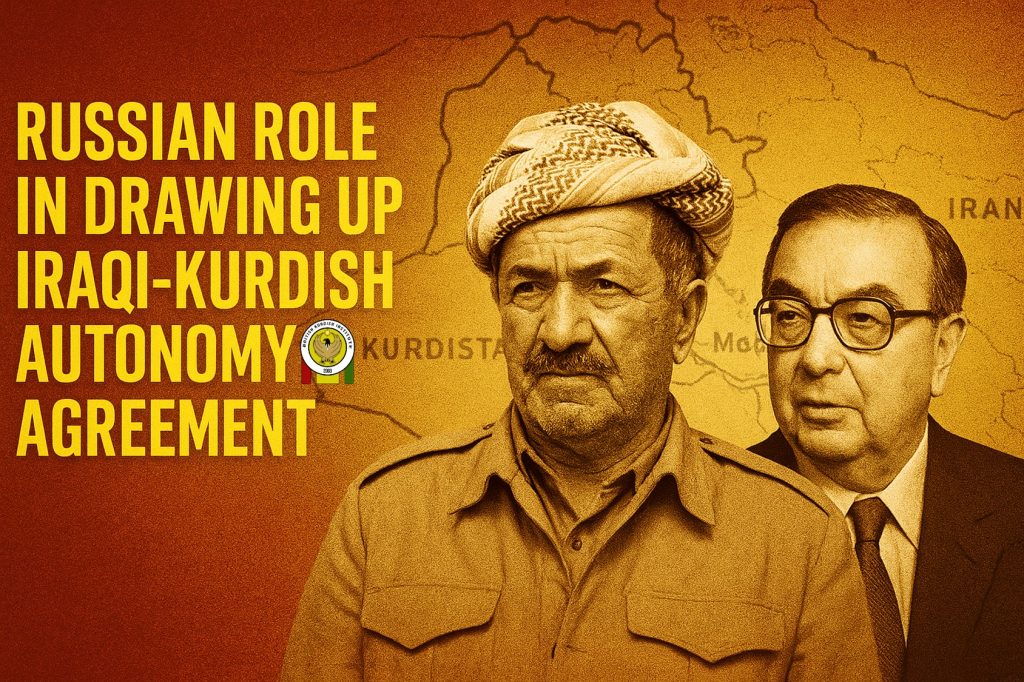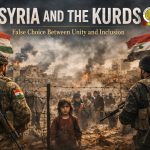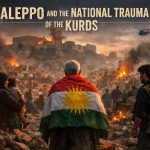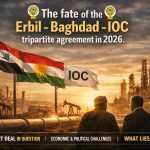A Longstanding Russian–Kurdish Relationship
The history of Russian–Kurdish relations is marked by trust, support, and pivotal turning points. Moscow consistently backed the Kurds’ aspirations for freedom. After the fall of the short-lived Republic of Mahabad in 1946—a Kurdish state established with Soviet support—legendary Kurdish leader Mustafa Barzani found refuge in the Soviet Union.
More than a decade later, in 1959, Barzani returned to Iraq. The new authorities in Baghdad promised the Kurds autonomy and equal rights. But by 1960, those promises had been broken, sparking a new wave of guerrilla warfare.
Tensions with Baghdad and the Baath Party
In 1968, the Baath Party seized power in Iraq, toppling Abdel Karim Kassem’s regime. The new leadership attempted to mend ties with the Kurds, but reconciliation quickly failed, reigniting conflict.
By early 1969, Barzani refused Baghdad’s truce offer, declaring that peace would only be possible if Kurdish autonomy in northern Iraq was formally recognized. Renewed fighting soon followed, and as clashes intensified, the USSR openly defended the Kurds.
Yevgeny Primakov: Moscow’s Key Diplomat
Amid this turmoil, the Soviet Union was negotiating a friendship and cooperation treaty with Iraq, which demanded a careful balance between Baghdad’s authority and Kurdish rights. The man chosen for this sensitive task was Yevgeny Maximovich Primakov, a rising journalist, diplomat, and later one of Russia’s most influential statesmen.
Primakov, then a correspondent for Pravda in Iraq, quickly earned respect for his deep knowledge and diplomatic skill. Over his career, he would go on to serve as Director of Russia’s Foreign Intelligence Service (1991–1996), Minister of Foreign Affairs (1996–1998), and Prime Minister (1998–1999)—but it was his work in the 1960s that laid the foundation of his bond with the Kurds.
Building Bridges Between Erbil and Baghdad
In 1969, the USSR dispatched Primakov to northern Iraq to meet directly with Mustafa Barzani. Acting as a trusted mediator, he became the only Soviet official in personal contact with both the Kurdish leadership and the Iraqi government. His sincerity and empathy toward the Kurds forged a lasting friendship with Barzani.
After meeting the Barzanis in the north, Primakov returned to Baghdad, where he held crucial talks with Saddam Hussein, then Vice President of Iraq. These negotiations set the stage for a historic breakthrough.
The 1970 Iraqi–Kurdish Autonomy Agreement
On March 10, 1970, Mustafa Barzani and Saddam Hussein finalized the terms of a groundbreaking treaty with Primakov’s mediation. The agreement, signed the following day and read publicly by President Ahmed Al Bakr, marked the first official recognition of Kurdish rights in modern Iraqi history.
The 15-point accord granted:
-
Kurdish language status as an official language alongside Arabic.
-
Full Kurdish participation in governance, including eligibility for senior positions.
-
Funding for Kurdish regional development projects.
-
A constitutional amendment recognizing Iraq as home to “two nationalities: Arab and Kurdish.”
Legacy of the Agreement
Although the Iraqi government eventually failed to honor its commitments, the 1970 Autonomy Agreement remains a historic milestone. It demonstrated the Kurds’ determination for self-rule and showed the vital role of Russian diplomacy in bridging divides.
Fifty-five years later, the Kurdistan Region of Iraq continues to evolve as a dynamic autonomous region. This progress is rooted in the leadership of Mustafa Barzani, his comrades, and the diplomatic efforts of Yevgeny Primakov, whose friendship and support left an enduring mark on Kurdish history.

